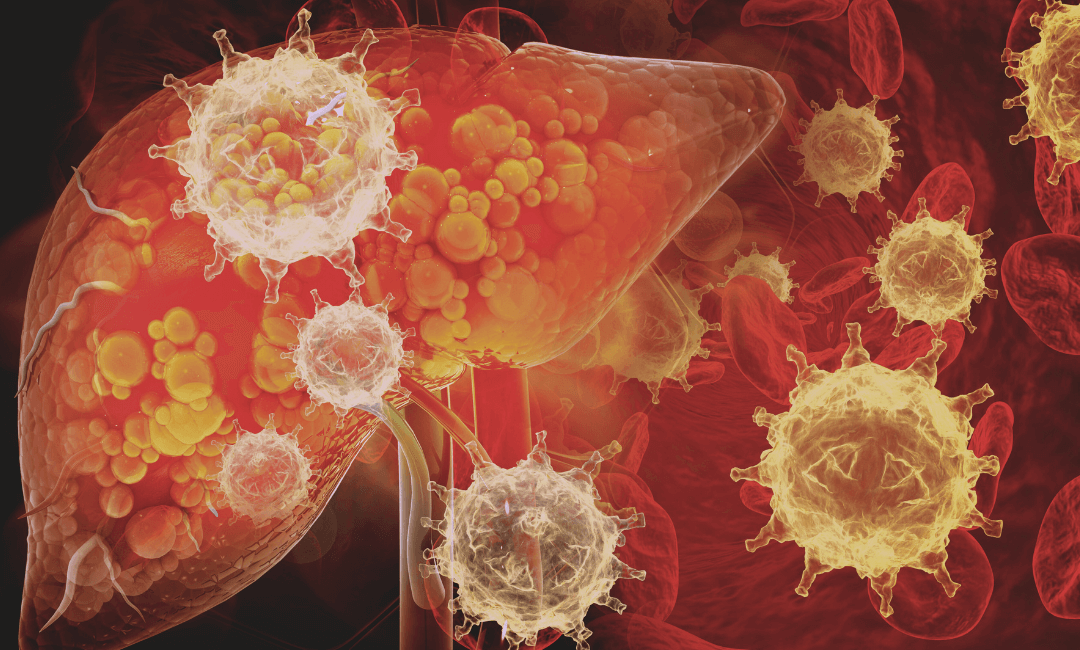Liver transplantation can be lifesaving, but it also brings new long-term health considerations due to immunosuppressive therapy. While immunosuppressive therapy is essential to prevent organ rejection, it also increases susceptibility to various cancers. Recognizing this challenge, Dr. Anwar Saeed, chief of the Gastrointestinal Medical Oncology Program at UPMC Hillman Cancer Center, and Dr. Stela Celaj, a transplant hepatologist at the UPMC Center for Liver Care, collaborated to establish a new clinical center to offer integrated treatment for liver transplant recipients with cancer focused on streamlining care, advancing research and improving outcomes.
The result?
BEACON (Bridging Excellence in Advanced Cancer care post solid Organ transplantation), an innovative new clinic that bridges the expertise of UPMC’s transplant and cancer care teams to serve liver transplant recipients with gastrointestinal cancers, offering streamlined, specialized care that is challenging to replicate in traditional settings.
Rather than treating transplant care and cancer care as two separate tracks, BEACON unites experts from both fields to work together in a truly integrated fashion. This collaboration allows for highly coordinated treatment plans that consider the patient’s complex medical background, particularly the need to balance cancer treatment with immunosuppressive therapy.
Providers at BEACON also individualize their care to specifically address the post-transplant population. Typically, transplant recipients with cancer would often receive fragmented care, such as seeing oncologists and transplant teams separately, which could potentially lead to delays or conflicting approaches. By providing a multidisciplinary team, BEACON ensures continuous communication between transplant and cancer specialists, resulting in harmonized treatment strategies, quicker interventions, and more nuanced management of immunosuppression during cancer therapy. This level of integration and personalization sets this UPMC clinic apart from standard care models.
In addition to expanding its clinical reach, Drs. Saeed and Stelaj envision BEACON becoming a leading research center focused on the intersection of oncology and transplantation. New insights into how cancer behaves in immunosuppressed populations, how immunosuppressive regimens can be optimized during oncology treatment, and how early interventions can improve survival and quality of life will inform and improve clinical practice, creating a continuous loop of discovery and care improvement.
Looking ahead, the BEACON team hopes to broaden its services to support other solid organ transplant recipients, not just the liver. By deepening integration across specialties, the clinic aims to set a new standard for how complex, high-risk populations receive cancer care, with the hope that BEACON will serve as a national model for how to care for transplant recipients with cancer, through both exceptional care delivery and impactful, practice-changing research.

